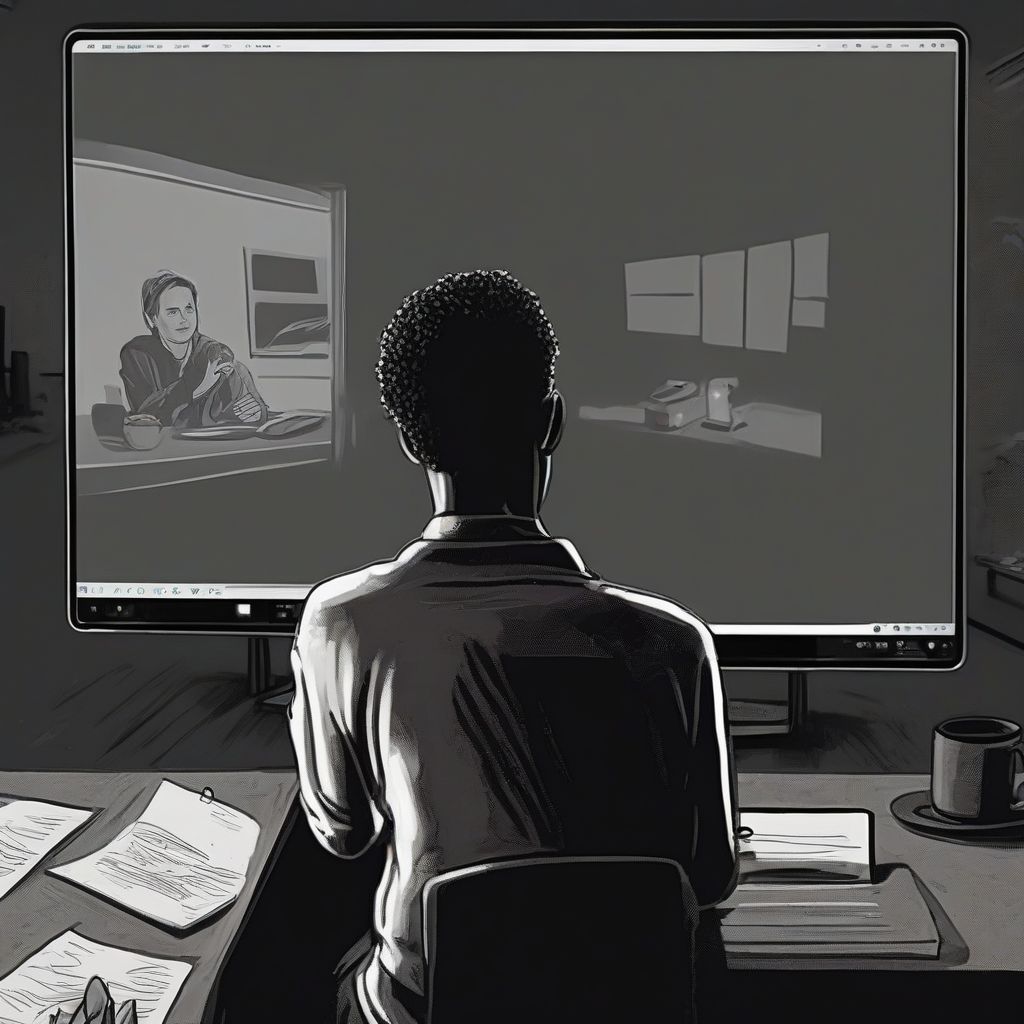Have you ever watched a movie that left you speechless, only to struggle to articulate your feelings into a coherent review? You’re not alone! Writing a thoughtful movie review that goes beyond simply stating “I liked it” or “It was boring” can be challenging, but it can also be incredibly rewarding.
A well-written movie review can spark meaningful discussions, introduce others to cinematic gems, and even help you refine your own analytical skills. So, whether you’re an aspiring film critic or just want to up your movie-review game for casual online platforms, this article will equip you with the essential tools to craft compelling critiques.
Understanding the Art of a Movie Review
Before diving into the nitty-gritty of writing, it’s important to understand what makes a movie review “thoughtful” in the first place. It’s not about summarizing the plot or echoing the opinions of others. Instead, it’s about offering a unique perspective, engaging with the film’s themes, and providing insightful observations that encourage readers to think critically about what they’ve watched.
Think of it like this: you’re not simply telling someone what they saw; you’re guiding them through a deeper understanding of the experience.
Key Elements of a Thoughtful Movie Review
Ready to put pen to paper (or fingers to keyboard)? Let’s break down the essential elements of a well-crafted movie review:
1. Start with a Hook
Just like a captivating opening scene, your review needs a hook that grabs the reader’s attention. This could be:
- An intriguing question: “What happens when you combine a dash of Hitchcockian suspense with a sprinkle of Wes Anderson’s quirky humor?”
- A bold statement: “This isn’t just another superhero flick; it’s a poignant commentary on societal anxieties.”
- A relatable anecdote: “Remember that feeling of pure joy you had watching E.T. as a kid? Get ready to feel it again.”
2. Set the Stage (Without Spoilers!)
Provide a brief overview of the movie without giving away any major plot points. This is where you introduce the film’s genre, setting, and main characters.
Example: “Set against the neon-drenched backdrop of 1980s Los Angeles, ‘Electric Dreams’ tells the story of a struggling musician who finds his life turned upside down after a chance encounter with a mysterious woman.”
3. Dive into the Details (The Meat of Your Review)
This is where you showcase your analytical skills. Address the following:
- Plot and Pacing: Is the story engaging? Does the pacing keep you on the edge of your seat, or are there moments where it drags?
- Characters: Are the characters believable and relatable? Do their motivations make sense?
- Themes and Symbolism: What are the underlying messages the film is trying to convey? Are there any recurring symbols or motifs that add depth?
- Direction and Cinematography: How does the director’s vision come through in the film’s style? Is the cinematography visually striking?
- Acting: Are the performances believable and emotionally resonant? Do any actors stand out?
- Music and Sound: How does the soundtrack enhance the film’s atmosphere and emotional impact?
4. Offer Your Opinion (Backed by Evidence!)
This is where your personal perspective comes into play. Did you connect with the film emotionally? Were you impressed by the technical aspects? Did the movie leave a lasting impression?
Be sure to back up your opinions with specific examples from the film. For instance, instead of saying “The acting was fantastic,” say, “Meryl Streep delivers a tour-de-force performance as the enigmatic Professor, conveying both vulnerability and steely resolve through subtle gestures and nuanced expressions.”
5. Conclude with a Call to Action
End your review by summarizing your thoughts and encouraging readers to see the film (or not, depending on your overall impression). You can also invite discussion by posing a question or asking readers to share their own thoughts.
Example: “Thought-provoking and visually stunning, ‘Electric Dreams’ is a must-see for fans of sci-fi and romantic dramas alike. Have you seen it? Let me know your thoughts in the comments below!”
 Thoughtful Movie Review
Thoughtful Movie Review
Tips for Writing a Stellar Movie Review
Here are some additional tips to elevate your movie reviews from good to great:
- Be Authentic: Let your true voice shine through. Don’t try to sound like a professional critic if that’s not your style.
- Avoid Jargon: Unless you’re writing for a specifically film-savvy audience, use language that is accessible to the average reader.
- Proofread Carefully: Typos and grammatical errors can detract from your credibility. Read through your review carefully before hitting “publish.”
- Engage with Other Reviews: Don’t be afraid to read other reviews for different perspectives. Just remember to form your own opinions.
Lights, Camera, Review!
Writing thoughtful movie reviews is a skill that develops over time. The more you practice, the better you’ll become at articulating your thoughts and engaging with films on a deeper level. So, grab your popcorn, dim the lights, and let the cinematic adventures begin!
[amazon bestseller=”film-criticism”]
